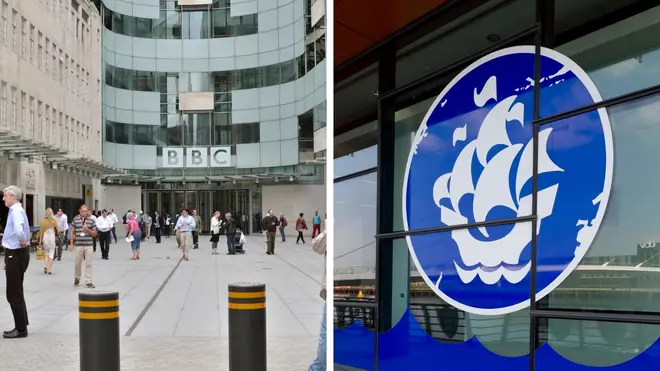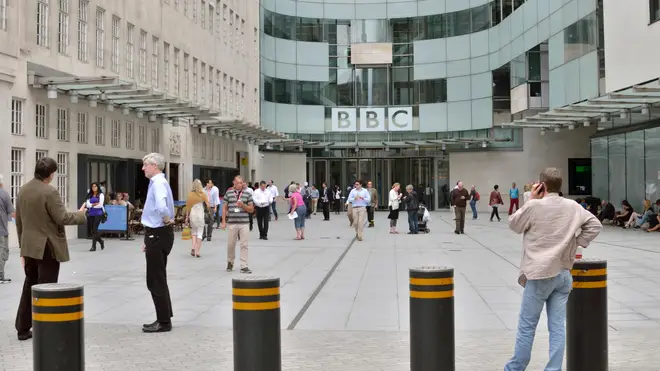
Ian Payne 4am - 7am
26 May 2022, 15:44

CBBC and BBC Four will be axed from TV in the coming years as part of a raft of cost-cutting measures, the BBC has announced.
Home to beloved British programming like Blue Peter and Newsround, they are set to be cut as traditional TV channels as part of plans to focus on digital content.
The BBC said the move would help drive value from the licence fee at a time when that form of funding is coming under greater scrutiny.
The BBC said it wants to save and reinvest £500m a year to focus on digital content, including putting £200m to plug a £285m-a-year gap in funding by 2028.
Read more: Nadine Dorries confirms BBC licence fee will be frozen for next two years
BBC Four broadcasts a range of art, documentary and current affairs programming, as well as international dramas like Borgen and The Bridge.
CBBC is the main channel for the corporation's children's content.
Director-General Tim Davie told staff: "When I took this job I said that we needed to fight for something important: public service content and services, freely available universally, for the good of all.
"This fight is intensifying, the stakes are high."

Among the changes made along with the end of BBC Four and CBBC on TV is a pledge to create a single news channel for both UK and international viewers.
The corporation will also cut "unnecessary bureaucracy", an ambition to reach 75% of BBC viewers through iPlayer, and a bid to invest in more programming from the countries and regions across the UK.
More details on the plan will be announced in the coming months.
Read more: BBC has a 'pretty bleak future' ahead if does not scrap the licence fee Mogg says
"This is our moment to build a digital-first BBC. Something genuinely new, a Reithian organisation for the digital age, a positive force for the UK and the world," said Mr Davie.
The future of the licence fee is under scrutiny under the Conservative government, with culture secretary Nadine Dorries freezing it at £159 for two years and questioning if it was still appropriate.
Speaking to Nick Ferrari at Breakfast earlier in May, Brexit minister Jacob-Rees Mogg said: "I've thought for some time that the licence fee is a comfort blanket for the BBC that is ultimately suffocating it.

Jacob Rees-Mogg: The license fee is strangling the BBC
"If you look, look how well Global is doing, look at Global's revenues in the last few years, look how they’ve gone up, look at Sky's revenues, look at Netflix's revenues.
"And what has happened, they've been broadly static and the licence fee takes have been slightly falling as fewer people take out licences.
"The licence fee is currently a large amount of money but it is a declining and wasting asset and the BBC should be thinking for itself about how it's more innovative and more entrepreneurial.
"If it depends on the licence fee forever, the future of the BBC is pretty bleak in my view. It should come up with its own plans."